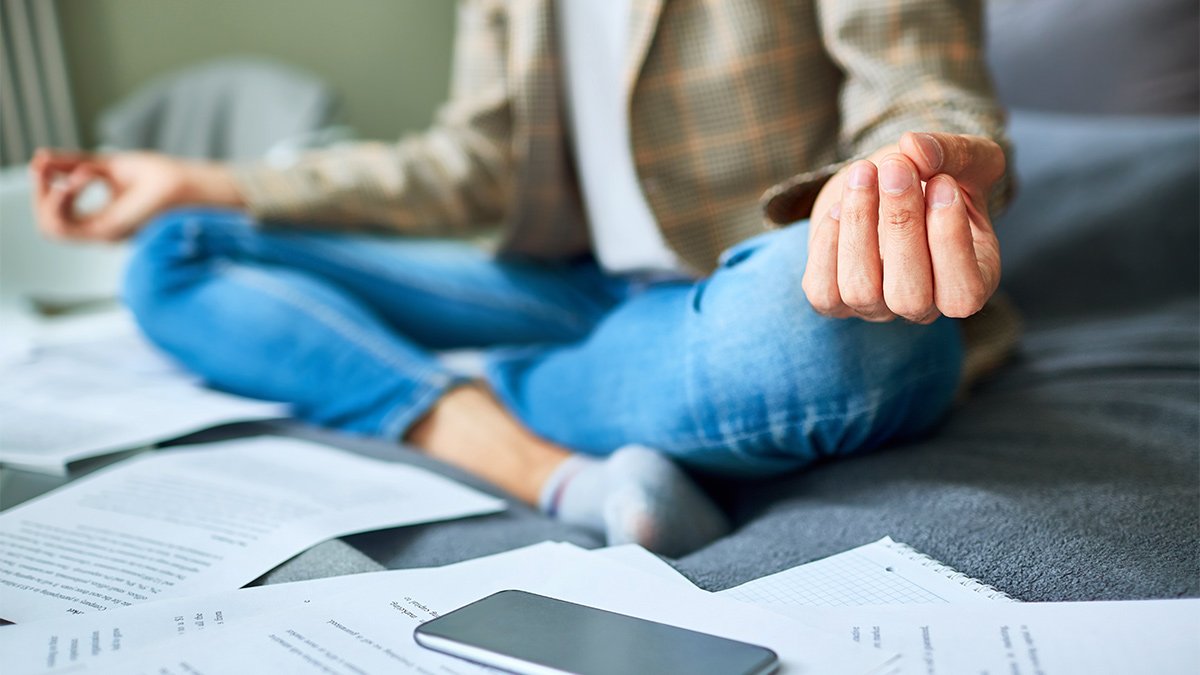
Learn how to hack your brain for better information processing, retention, and—ultimately—improved grades.
Did you know that you can actually do creative tasks better when you’re tired? According to this study, your brain is more susceptible to distractions when you’re tired, so being a little distracted can be a good thing when you’re doing something creative, like making music. The fatigue helps your brain make new connections and be more open to new ideas.
However, when it comes to preparing for an exam, you need a focused brain for analysis and memory retrieval. That’s why staying up all night before an exam isn’t a good idea, no matter how much it helps your songwriting chops. Your brain will be tired, which will make it inefficient at analytical tasks and at fetching whatever you’ve learned previously.
By knowing a few simple tidbits about how our minds work, you can learn how to hack into your brain for better information processing, retention, and—ultimately—grades. Here are five brain hacks that are scientifically backed!
This might not sound right, but according to a study by Georgetown University Medical Center, the right hemisphere of your brain is more active during a nap. One of the tasks assigned to the right hemisphere is pushing information from your hippocampus, which is temporary storage, to neocortex, which is more permanent storage. Thus, you are not only able to memorize things better, but learn new things more efficiently too, since your temporary storage area is ready to take up new information.
The next time you’re planning to study, consider factoring time in for a nap of about 15 to 20 minutes. It could be a little longer too, but no longer than 90 minutes. Your sleep cycle works in duration of about 90 minutes. Thus, if you take a nap longer than this, you’ll likely wake up in the middle of a sleep cycle, which will make you feel groggy. A short nap, on the other hand, will make you feel fresh, energized, and ready to soak up new information.
John Medina, a developmental molecular biologist, talks about our brain’s incredible capability to process visual information. In his book Brain Rules, he talks about several experiments he has conducted over the years which show that people are able to retain visual information much longer. In one such experiment, most people could recall a set of pictures with more than 60 percent accuracy a full year after they had seen them.
He further argues that our brain perceives text as pictures, and when you load it with too many pictures at one go, it isn’t able to assimilate information as efficiently. The next time you make flashcards, make sure you have relevant pictures on them.
John Medina also talks about the benefits of exercise for mental health. In Brain Rules, he cites several studies and experiments that show people who exercise regularly have better long-term memory and problem-solving skills, apart from other cognitive abilities. However, you don’t need to be a professional athlete to reap the benefits of exercising.
According to best-selling author Gretchen Reynolds of The New York Times, just 20 minutes of brisk walking or jogging can do the trick. Furthermore, a study conducted by Penn State University found that people who exercised regularly for a month and on the day of taking a test did better than people with an inactive lifestyle. Taking a walk to the exam hall might not be such a bad idea after all!
Finding it hard to grasp a new concept or memorize a long formula? Try writing it down. According to a study by Journal of Cognitive Neuroscience, writing things down can be beneficial for memorizing unfamiliar characters, such as learning Chinese, computer code, or sheet music. Furthermore, an experiment done at Indiana University found that kids who practised letters by writing them on a sheet of paper had significantly better neural activity than kids who were just shown images of letters. Enhanced neural activity helps in better memorization. Ditch the keyboard once in a while, and go the old-school way for more effective learning.
To take it a step further, why not type the handwritten notes again while reading them out loud? According to a research paper in Journal of Experimental Psychology, reading text aloud while studying leads to Production Effect, which basically helps you remember things better. Typing them out also allows you to review during the process.
According to an experiment conducted by Catherine Kerr, a researcher at the Martinos Center for Biomedical Imaging (Harvard Medical School), people who meditate have the ability to better control their alpha rhythm. Alpha rhythm is a brain wave that’s believed to filter distractions, allowing you to focus and process more information.
However, it is important that you practice meditation regularly in order to reap its benefits. Find a quiet corner and designate a slot in your daily schedule for meditation. Here is a nifty article on how to meditate effectively for those of you who are new to it.
To get the most out of these hacks, though, it is important that you don’t leave everything for the last minute. It would add to your stress, which will mean your brain won’t be able to perform at its optimum. Leaving adequate time for studying and spreading out your study sessions are the best ways to conquer your exams.
HAMNIC Solutions is here to support your graduate journey. Our professional writing and editing expertise helps you manage your academic workload, reduce stress, and focus on well-being for a balanced academic and personal life. Visit HAMNIC Solutions to learn how we can make your student life easier and healthier, enabling you to achieve your academic ambitions without sacrificing a balanced lifestyle.